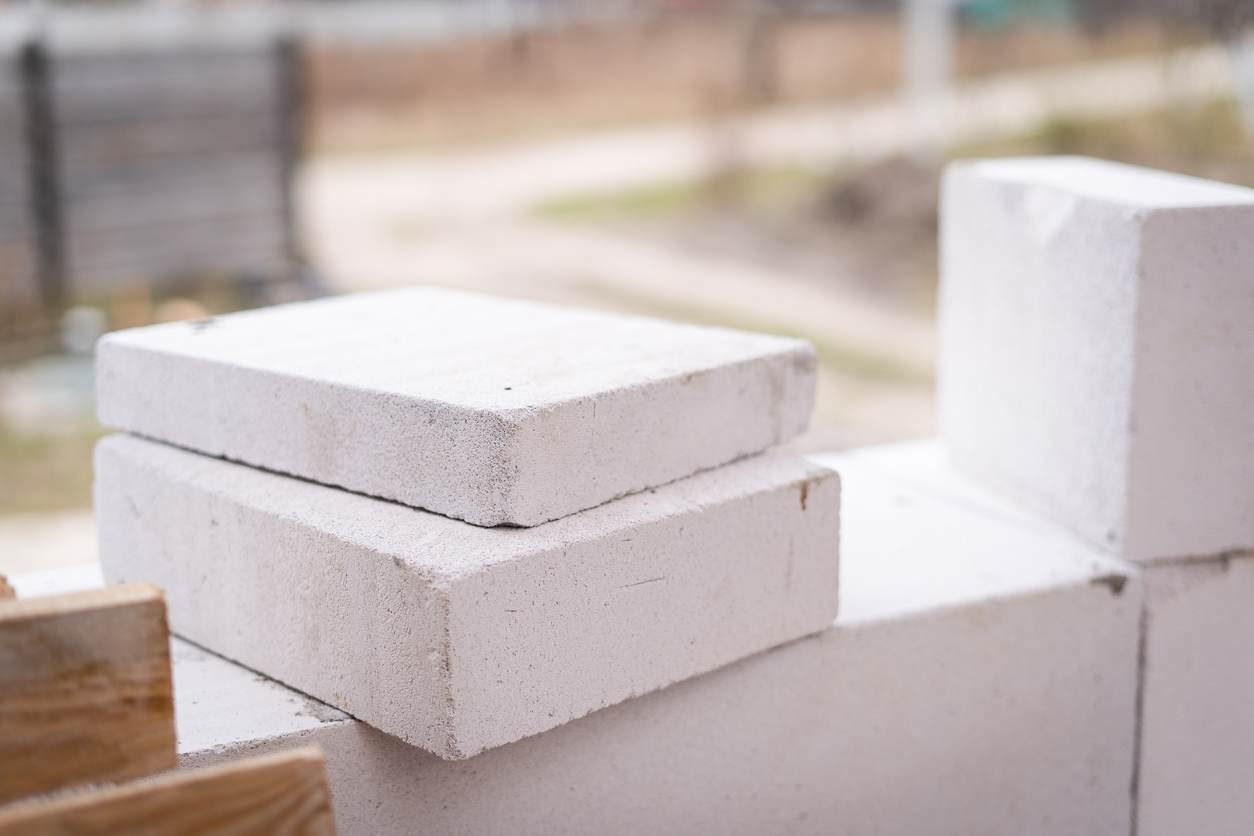
The risks of Reinforced Autoclaved Aerated Concrete in building construction
May 19, 2023 NewsA recent incident involving the collapse of a school roof has raised serious concerns about the use of Reinforced Autoclaved Aerated Concrete (RAAC) planks in construction. The Standing Committee on Structural Safety (SCOSS) has issued a warning, highlighting the inherent weaknesses of these concrete planks and the need for immediate action. In this blog post, we will delve into the findings of the investigation and the potential risks associated with RAAC, urging caution and necessary steps to address the issue.
- Weaknesses of RAAC Planks: The investigation concluded that the collapse of the school roof occurred suddenly, with little warning. A similar near failure was reported in 2019 in a retail unit that used the same type of concrete planks. RAAC planks, popularly used in construction between the 1960s and 1980s, are considerably weaker than traditional concrete due to their manufacturing process.
- Lifespan and Replacement Recommendations: The estimated lifespan of RAAC planks is around 30 years, prompting SCOSS to recommend replacing all planks installed before 1980. This precautionary measure aims to mitigate the risks associated with the structural deficiencies inherent in older RAAC planks.
- Previous Failures and Concerns: The report highlights previous instances of failures in buildings with RAAC planks, particularly those installed during the mid-1960s. Many structures had to be demolished as a result. Primary deficiencies observed included incorrect cover to tension steel, high span-to-depth ratios, inadequate provision of crossbars for anchorage, roof membrane performance failures, and localized steel corrosion.
- Recent Issues and Effects: Recent concerns revolve around rusting reinforcement, leading to cracking and spalling of the AAC cover. Moisture and temperature fluctuations are believed to contribute to the cracking. Excessive deflections, independent behaviour of floor and roof planks, and inadequate structural integration have also been observed. Deflections have caused water ponding, increasing roof loading, and reinforcing corrosion due to water penetration.
- Risk Assessment and Remediation: The investigation of the 2018 collapse identified shear cracking near a support and potential indications of insufficient tension reinforcement. The report advises conducting a risk assessment of structures built with RAAC planks. It further recommends considering discontinuing the use of spaces underneath until strengthening or replacement measures have been implemented.
The collapse of a school roof has brought attention to the inherent risks associated with Reinforced Autoclaved Aerated Concrete (RAAC) planks. These weaknesses, identified through investigations and previous failures, necessitate immediate action to ensure the safety and longevity of buildings constructed with RAAC. Building owners and authorities should conduct risk assessments and implement necessary strengthening or replacement measures to mitigate the potential hazards posed by RAAC planks.
One organisation that has been at the forefront of identifying RAAC in schools is JMS Engineers. Recognising the potential risks and the need for proactive assessment, JMS has taken a leading role in raising awareness and conducting thorough inspections of school buildings. Their team of specialised structural engineers has the expertise to identify RAAC and assess its condition accurately.
With their in-depth knowledge of RAAC and its unique characteristics, JMS plays a crucial role in the initial check and detailed assessment of RAAC in school buildings. They work closely with responsible bodies such as local authorities, academy trusts, dioceses, and governing bodies to ensure a comprehensive evaluation of potential risks.
JMS’ involvement extends beyond identification and assessment. They also collaborate with stakeholders to develop effective management and remediation strategies. By combining their expertise in structural engineering and their understanding of RAAC’s weaknesses, JMS Engineers can provide valuable insights and guidance to address the risks associated with RAAC in school buildings.
Through their proactive approach and commitment to ensuring the safety of educational facilities, JMS Engineers demonstrates their dedication to protecting students, staff, and the community. Their expertise and efforts in identifying and managing RAAC in schools contribute significantly to creating a secure learning environment for future generations.
JMS Engineers has emerged as a leading authority in identifying and assessing RAAC in school buildings. Their expertise and comprehensive approach play a vital role in mitigating the potential risks associated with RAAC, ensuring the safety and well-being of occupants. By partnering with organisations like JMS Engineers, responsible bodies can address the challenges posed by RAAC and take necessary steps to ensure the longevity and structural integrity of school buildings.

